The winner of last year’s Red Bull BC One Natasha Kilyachikhina (Kastet) this Saturday is going to meet again in battles with the strongest b-girls from around the world. Live broadcast of the World Final will be held on November 28 starting at 22:00 Moscow time, and while we decided to contact Natasha and talk about her passion for the break, training and a little about personal.
– Last year you already won the Red Bull BC-One. What do you think your chances are in 2020? Did last year’s victory gave you confidence or on the contrary, now you need more effort?
– This year, I think everyone has a chance to win, because it’s a case where music and your mood are important. I’ll say for myself that I’m in a great mood. I’ve been practicing, preparing, and I’m very happy that I have no fear of losing. Because often it is this fear that holds you back, pressures you. I am now free from my worries.
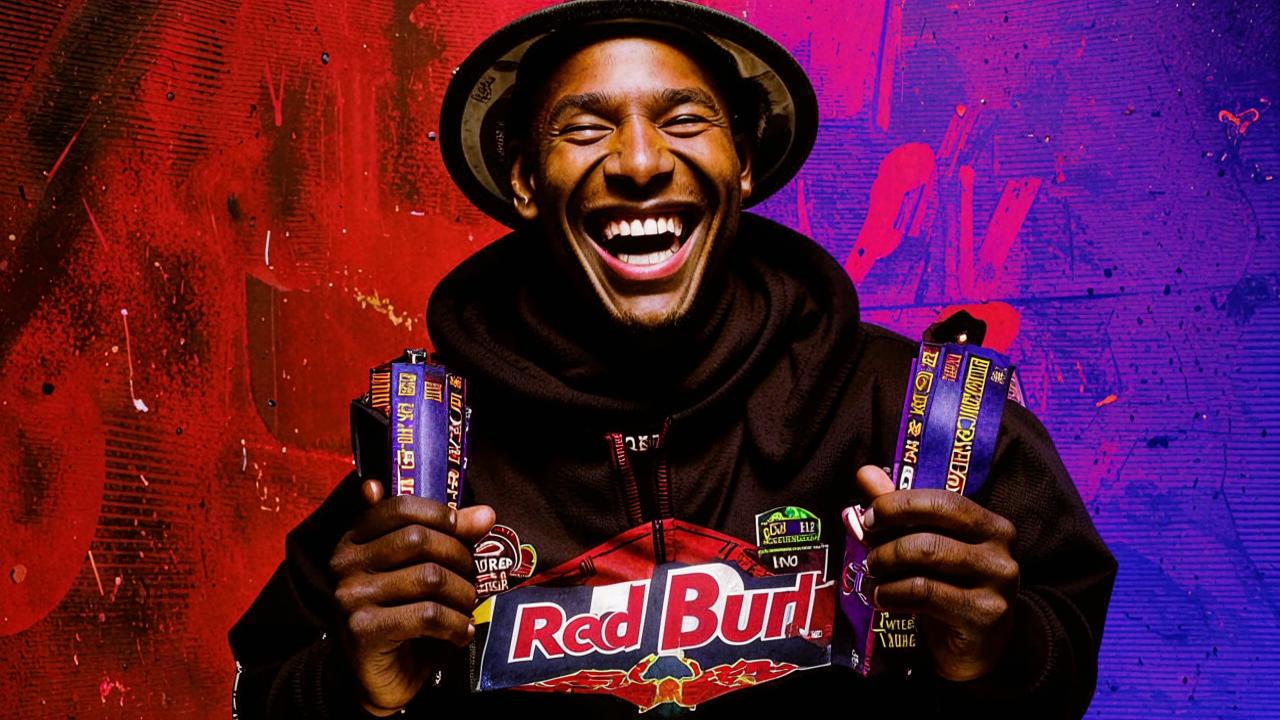
– This year has been very difficult for the whole world. What has it been like for you?
– I was lucky, I was able to travel a bit in 2020, because it all started at the end of March. But it’s a really weird year, you kind of expect it: oh, now there will be trips, adventures, and then everything just falls apart and you sit at home, watch “The Simpsons” and eat junk food, because you don’t feel like doing anything. It was weird, I felt apathy and fear of what was going on. And then somehow I got tired of living in that fear, and I relaxed. We still had championships in Russia where you could take part. Battle X was recently held. Now life has started to return to normal.
– Did you continue training at home?
– Honestly, I didn’t train much. I didn’t work out at all for about a month. And then it was just standing on my head, or just dancing. Without regular sports. And there was no place to train. I live in a dormitory, my husband and I have a room of 20 meters, where to dance there?
– And where do you usually train? In the gym?
– We have our own hall, which we rent, and we train there. When everything opened up, we went back to it. I also like yoga very much, because for me it’s the opposite of break. It’s the opposite of relaxation, balance. I do it when I can. I don’t go to the pool, but if I’m at the sea, I try to swim or dive a lot. In general, based on where I am. In the mountains? Cool, let’s go mountain climbing. On the sea? Cool, now I’m going to swim 10 kilometers. I’m exaggerating, of course (laughs).
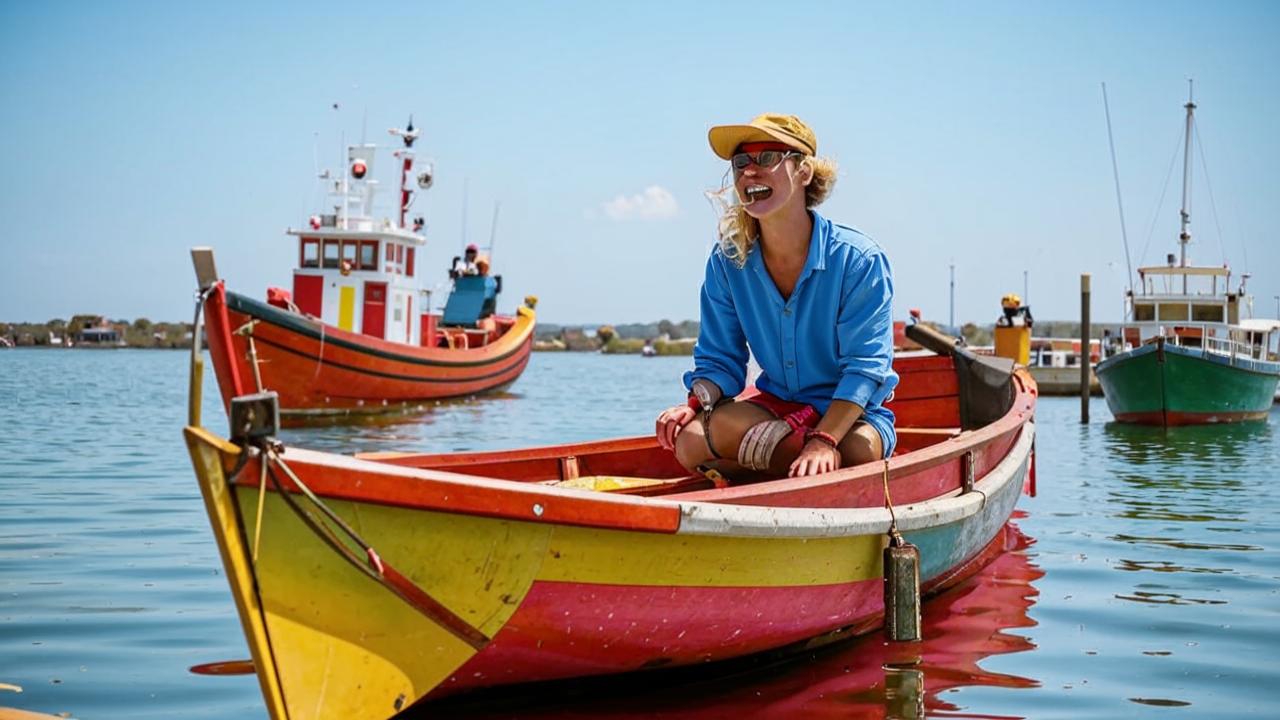
– And how do you relax between trainings?
– I don’t train. A contrast shower helps with relaxation – that’s a thrill. A good sleep, a regimen, self-massage with rollers. Somehow it all comes together.
– Red Bull are known as cool organizers of such events. Tell us how long ago you came to Salzburg and what do you do in these days before the final?
– You make a good point. Where I’ve been, it’s always really the coolest organization. Spoiled. After that you don’t get picky, but you do notice the little things.
I’ve been here since November 9th, it’s been great. We’re fed awesome, we’re taken care of. There’s a physical therapist: if something hurts, they treat it right away. It was nice when we spent our first week here, we came here and there was a surprise under the door – two bottles of beer and it was written: “Thank you for the week you spent with us”.
Of course, there are also gyms for training. You have to book a time because we train one at a time. But I haven’t practiced much in the last week personally, so I don’t waste energy. I’m saving up for the finals.
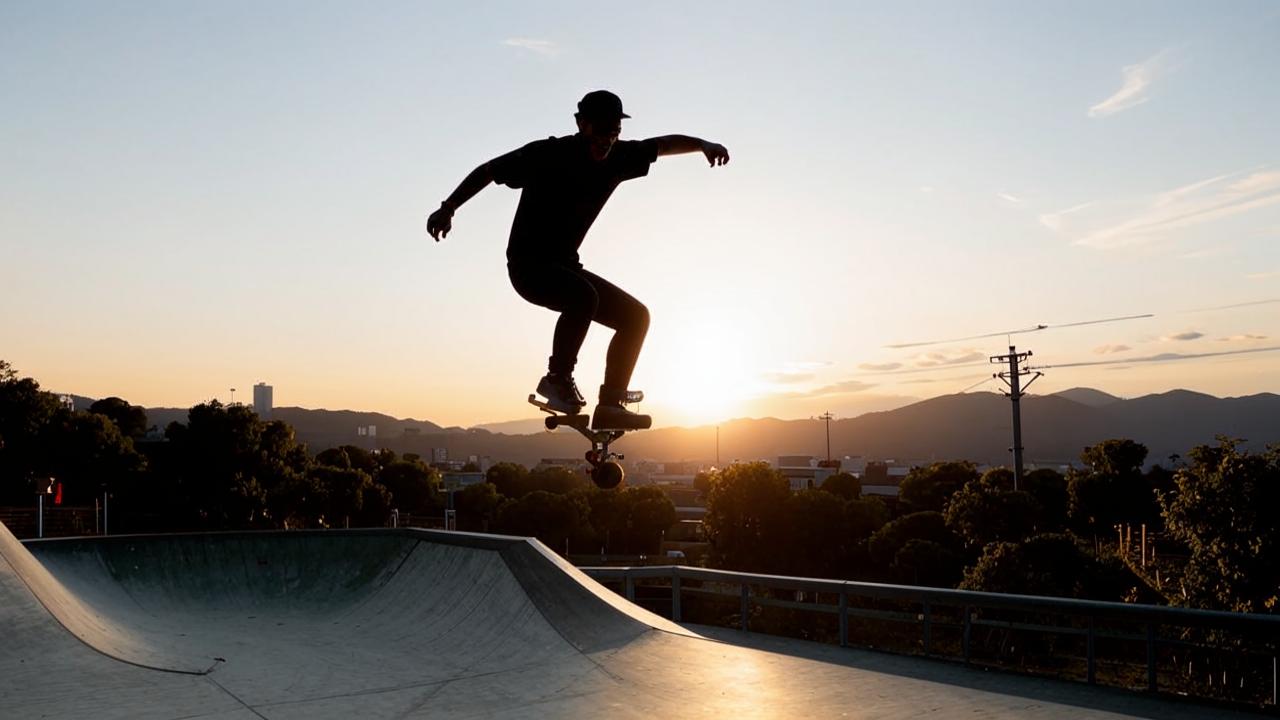
– And who would you most like to face in the finals?
– Honestly, I don’t have such a feeling. At this stage, for me it makes no difference who to fight with. I’m just interested in being in the moment, to find an approach to each opponent. I think it can be compared to a dialog. The wave on which you talk to a person is important. It’s exactly the same here. Perhaps it’s more about the moment, the music that plays, and the behavior of the man himself on the battle.
– Breakdancing has already become an Olympic sport. Are you planning on going to Paris in 2024?
Yeah, I plan on kicking everyone’s ass in that Paris (laughs). Well, we’ll see what happens in 2024.
– At the age of 12, when you started practicing, what got you interested in breaking? And why such a seemingly unusual interest for a girl?
– Honestly, I got in by accident, but when it happened, I realized that I got to the right place. I’ve always liked music and dancing – I’m super active. And I liked sports. I practiced judo, did 100 push-ups at home with my dad, my mom taught me to sit on the twine. And the break, it turns out, a combination of sport and dance and music even cool. And plus everything – party. That’s probably what really attracted me to it. And then you learn the depth of hip-hop culture and think: well, it’s cool!
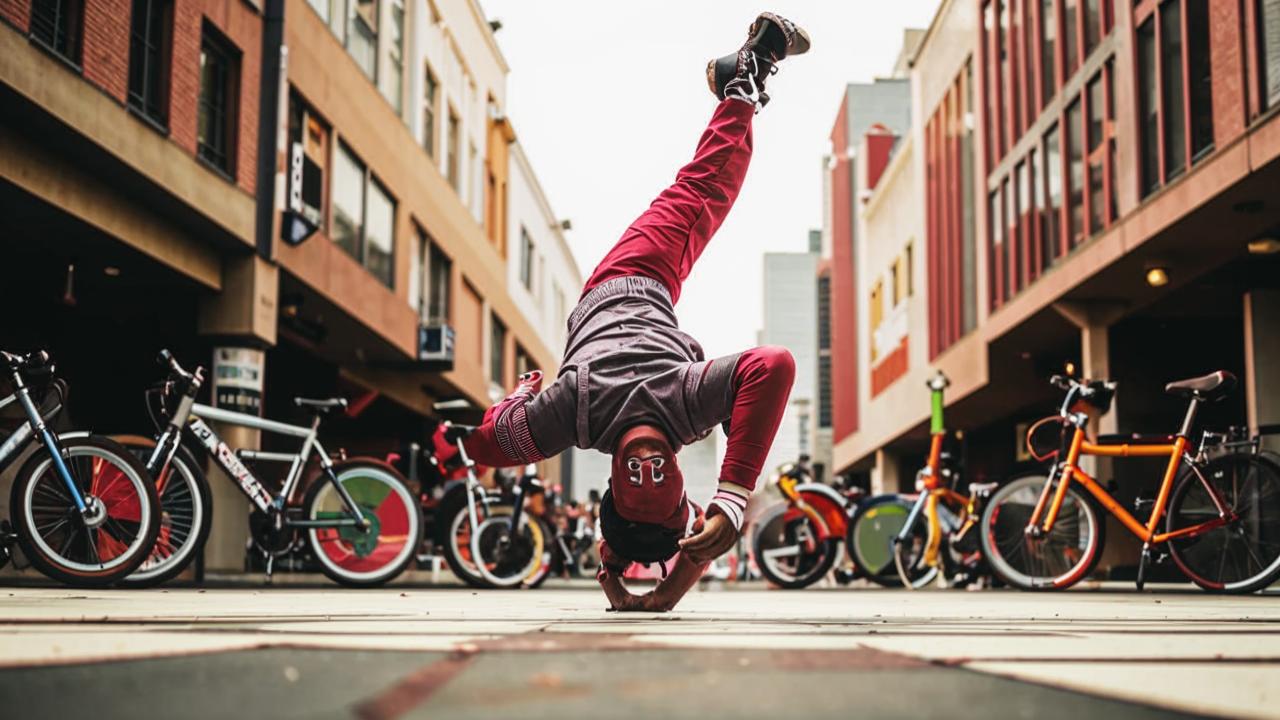
– In one of the interviews you said that you are inspired by your traumas, some overcoming. And how do you learn to do this: to pass and transcend all sorts of difficulties? After all, it stops a lot of people from further development in sports.
– I can say that I am inspired by limitations. For example, even to take a stage at the finals – there will be no people, how could there be? But partly it gives you a new opportunity. Injury is like one of those limitations. I think it’s just training your brain and your spirit to not give up in the face of difficulties, but, on the contrary, to make the best of it. It’s just practicing. How do you learn how to do push-ups? Just do push-ups. Little by little.
– Do you think there is any zest in the Russian breakdance?
– Of course there is. I hear from many people that at the moment Russia is the most powerful in terms of break dancing. This, of course, is not entirely fair, because Russia is big, we have more people, more options. But it also seems to me that people in Russia are hungry themselves. Maybe Moscow and St. Petersburg have great conditions, but if you look at where people train and what kind of halls they have… They want to get out of it all and get into this Hangar. I guess it’s a struggle for existence, a struggle for good conditions. That’s why in Europe, in principle, they live quite well. In general, the worse the standard of living, the better you dance. There’s a direct correlation. I can’t complain personally about my standard of living, but not everything is so easy.
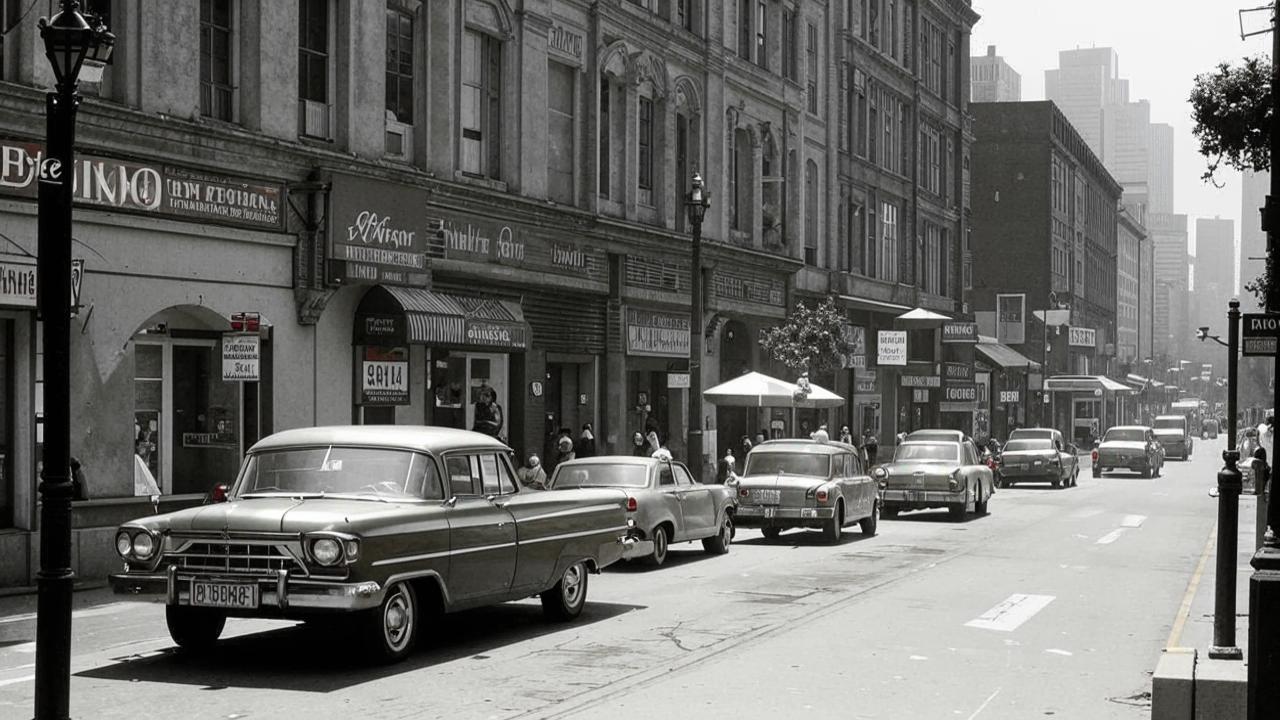
– You said you really like the hip-hop culture in America. What if you could choose only one thing: hip-hop in Russia or in America?
– Russia. I said that I would like to learn from the Americans and be in the place where it all originated. But now in my spirit I somehow want to develop my own, because we are also unique. I would like to choose Russia now. Because of the power.
– And how are your relations with your husband? He’s a b-boy too. Are you there battling at home or, on the contrary, dancing latinum?
– I would like to dance Latin with him, but he is shy. It’s working out great. I can say that he is my mentor, who helps me to cope with inner worries, with insecurities, with technical moments. I’m very happy and grateful that he and I are doing the same thing and we’re on the same page. It’s awesome. We practice together, we dance together. It’s awesome.
I feel like we’re one, when one part of me wins, I’m happy, when another part of me wins, I’m happy. There can’t be contradictions because it’s one piece.
– Why did you decide to study to be an art teacher? Did you always like drawing, were you good at it? Or did you suddenly discover a talent for it?
– I’ve been studying for a long time, I’m in my fifth year – I’m graduating this year. My parents are creative, and they also studied to be artists. And when I was thinking about where to go, there was a choice: sports – a consequence of my passion for break, or drawing. I thought that drawing would develop me in many different ways. I didn’t want to be in only one field, so I chose drawing. It is another form of art, where you can better feel and generally understand yourself.
– Do you plan to teach after university?
– I chose the specialty of a teacher of Fine Arts, simply because in my city only at this faculty you can learn to draw. But I don’t want to work in this position. I like to communicate with children, they inspire me. But for the money that is paid in this job, I am not ready to spend my time. It’s too thankless.
– Do you think if you’re done with breaking, what will you do?
– It depends on why I’m done with it. I’m at a special time in my life where I like music. I would like to develop in this direction. And, of course, not to stop at the art part. I kept wanting to go to school to draw for computer games, but there was no money, then I forgot. So I don’t stop at what I have now and I want to evolve.
As much as I’m passionate about music, it would still be drawing that I would pursue after breaking.
– Many people think that judo, which you practiced, break – it’s not for girls. You yourself on your own example proves the opposite. And how do you think, is it for all girls or only for those who have certain abilities?
– Such hobbies can begin to engage in such hobbies anyone who has a heart for it, who is not afraid of bruises or bruises. The main thing is to have the desire.
– Would you prefer to compete with girls or guys on equal terms?
– It is important for me to compete with a strong dancer. There are powerful girls, and the same guys. Gender has nothing to do with it.






